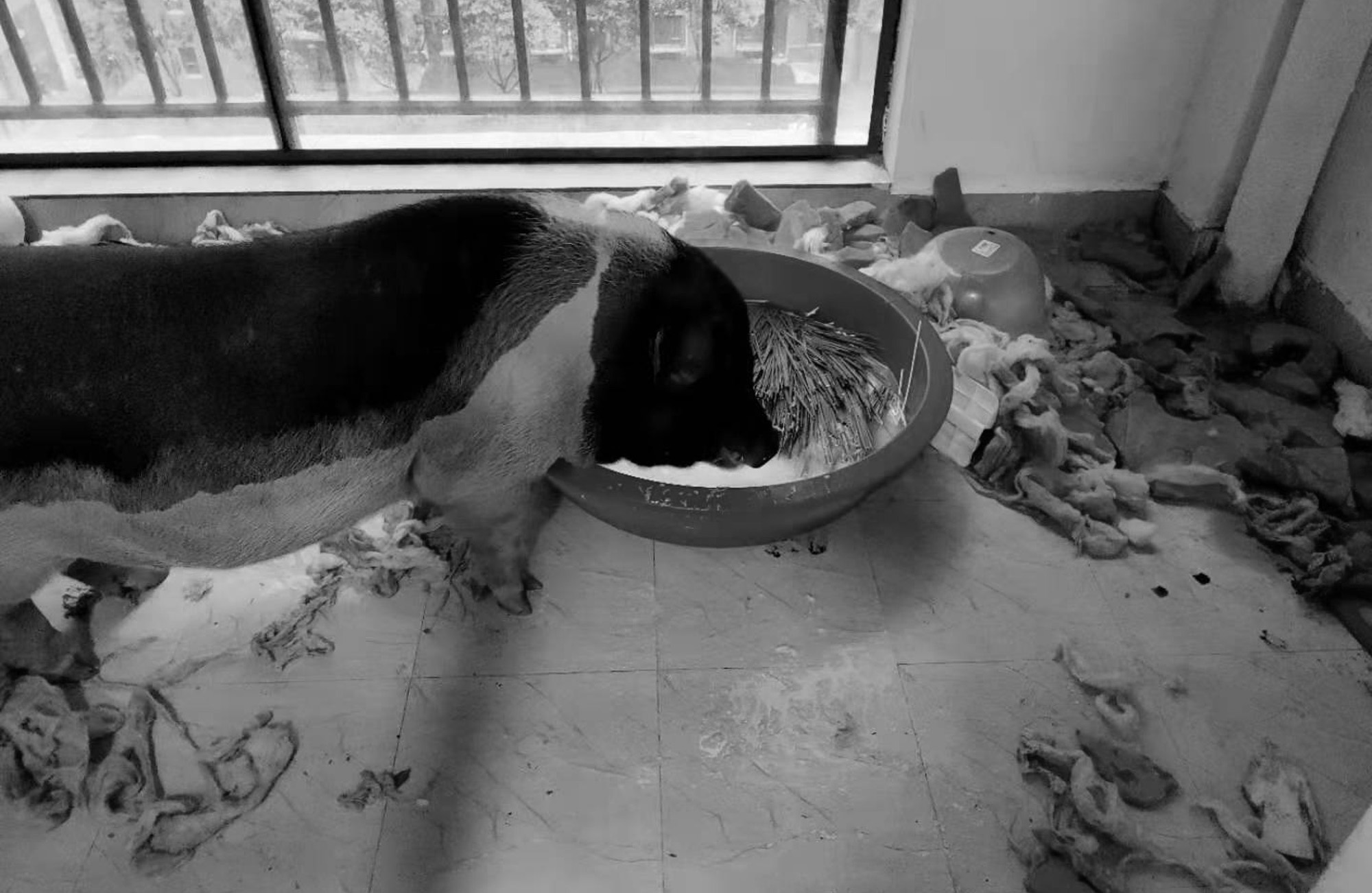An animal shelter in Wuhan has saved over 10,000 dogs and cats from starvation during COVID-19 lockdown after more than 5,000 owners were stranded outside the city and could not return.
Du Fan, director of the Wuhan Small Animal Protection Association (SAPA) in Hubei Province in Central China, also helped crowdsource 40 tonnes of pet food from neighbouring provinces as more than 30 smaller shelters in the former coronavirus epicentre ran out of stock.
Mr Du, 38, revealed to Asia Wire that he managed to convince local health officials to allow him and his volunteer to help, arguing that cats and dogs dying unattended in their owners’ homes could lead to the spread of disease and potentially trigger another public health crisis in high-rise buildings.
He recalled: “When the city was put on lockdown on 23rd January, we realised many pet owners were trapped outside Wuhan and couldn’t return.
“They had gone on holiday for Chinese New Year and left only two or three days of food and water. Their cats and dogs would’ve died of hunger and third.”
Around five million Wuhan residents are believed to have been stranded outside the city at the time the lockdown began, when all foot and vehicle traffic in and out of the city was halted, including flights and public transportation such as buses, ferries and the underground.
Wuhan SAPA acted quickly and, by 26th January, had announced on social media that its volunteers were willing to risk infection by entering residential buildings to feed the left-behind pets – free of charge – as long as they are given express permission by owners.
The process was facilitated by building managers in gated communities who could access flats with spare keys, while other times locksmiths had to be called to force entry.
Each rescue was live-streamed to the worried pet owner, many of whom were relieved to see their cats and dogs still alive.
Mr Du said his team of 68 volunteers were flooded with requests from over 5,000 households during lockdown, resulting in more than 10,000 pets being spared from starvation.
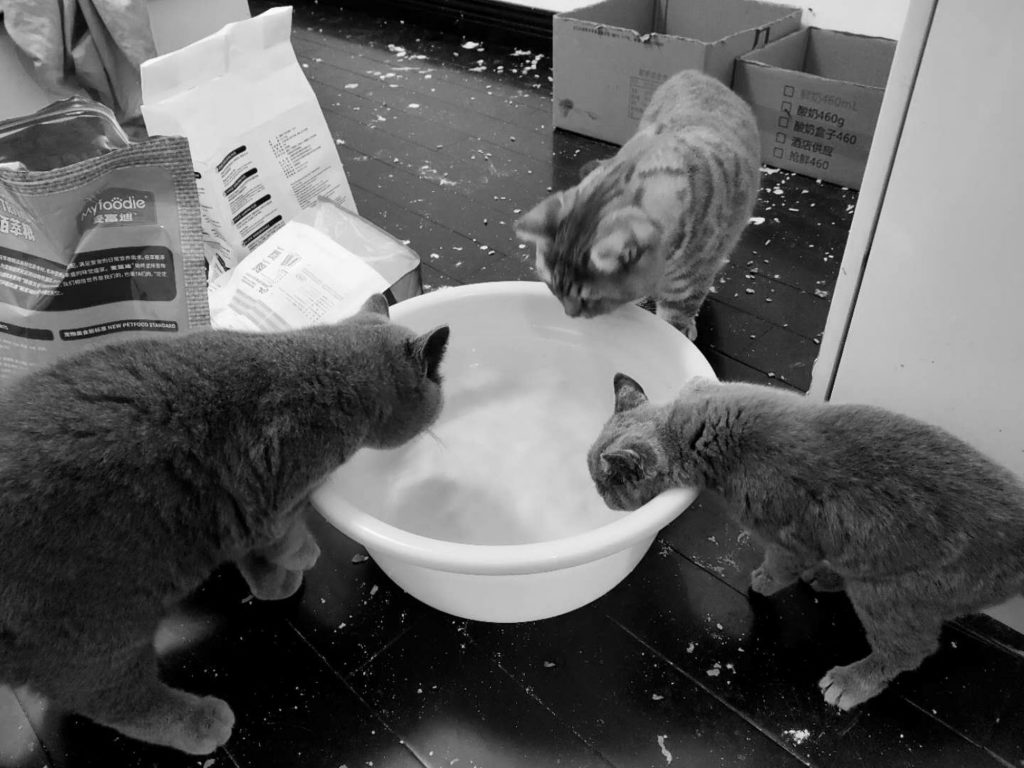
Unattended cats saved by the Wuhan Small Animal Protection Association 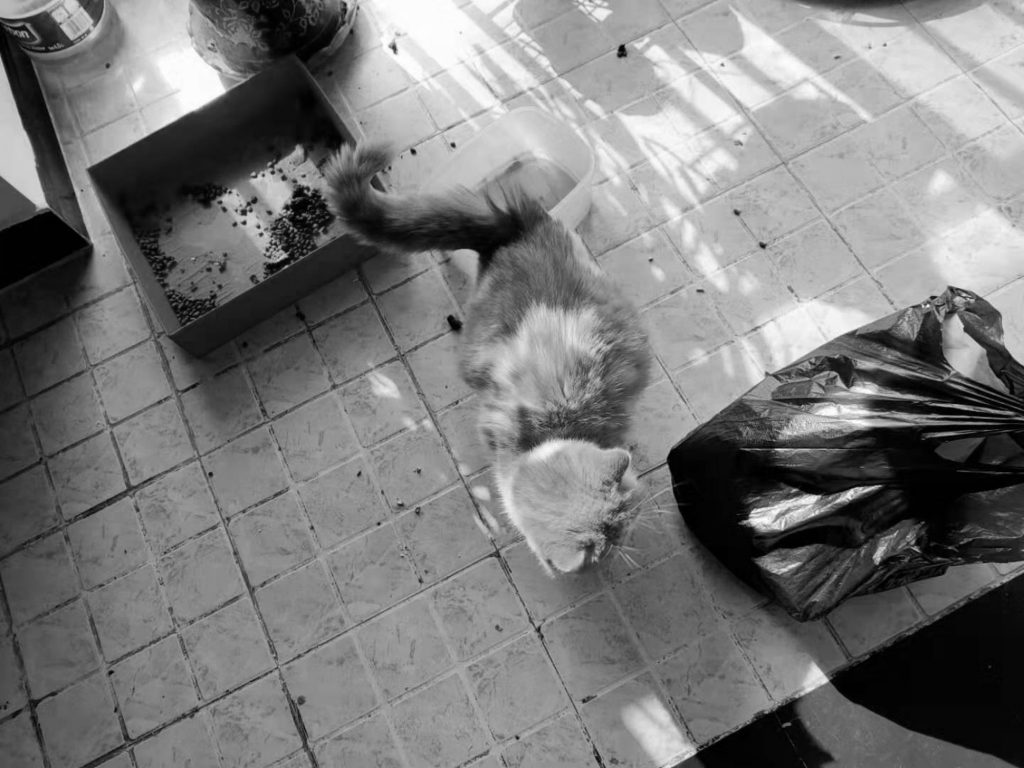
An unattended cat saved by the Wuhan Small Animal Protection Association
Pleas for help also came from residents who were in other parts of Wuhan but shielding due to concerns over COVID-19.
He added: “We thought maybe 100 to 200 households would contact us for help. We never imagined there would be so many.
“Many of our shelter volunteers stayed in Wuhan during the pandemic. They visited on average 60 blocks per day.
“We mostly encountered cats and dogs, but there were also fish, rabbits and even a miniature pig.
“Luckily many owners had extra pet food in their homes, so we just poured out a few weeks’ worth, but at times we had to provide our own.”
The animal shelter’s positive reputation among Wuhan residents then played a big part in community cooperation after the city of 11 million went on full lockdown just three weeks later.
Mr Du said: “After a directive on 15th February forbid everyone from leaving their homes and gated communities, we assisted owners in contacting their neighbours or community workers – anyone who was willing to enter their homes to help.”
Wuhan SAPA had already entered 1,400 homes and saved 5,000 animals by the time the new and stricter regulations were introduced.
Mr Du, who established the Wuhan Stray Animal Shelter in 2006 before formally registering it as SAPA in 2013, said grateful owners have since returned to the city and become volunteers themselves.
He said he did not notice an increase in animal abandonment during the pandemic, noting: “The phenomenon was not as widespread as we had feared.”
Last month, Wuhan SAPA took in a small dog named ‘Xiao Bao’ whose heartbreaking story saw it living inside the city’s Taikang Hospital for three months while waiting for its elderly owner, unaware that its master had died just five days after being admitted with COVID-19 in February.
Xiao Bao was kept alive by hospital staff before being handed to the shelter on 20th May, with Mr Du saying they were still trying to find the loyal pet a new home.
The shelter director said: “We’ve had seven to eight potential owners contact us about adopting him, but they were mainly moved by Xiao Bao’s story and didn’t meet our requirements.
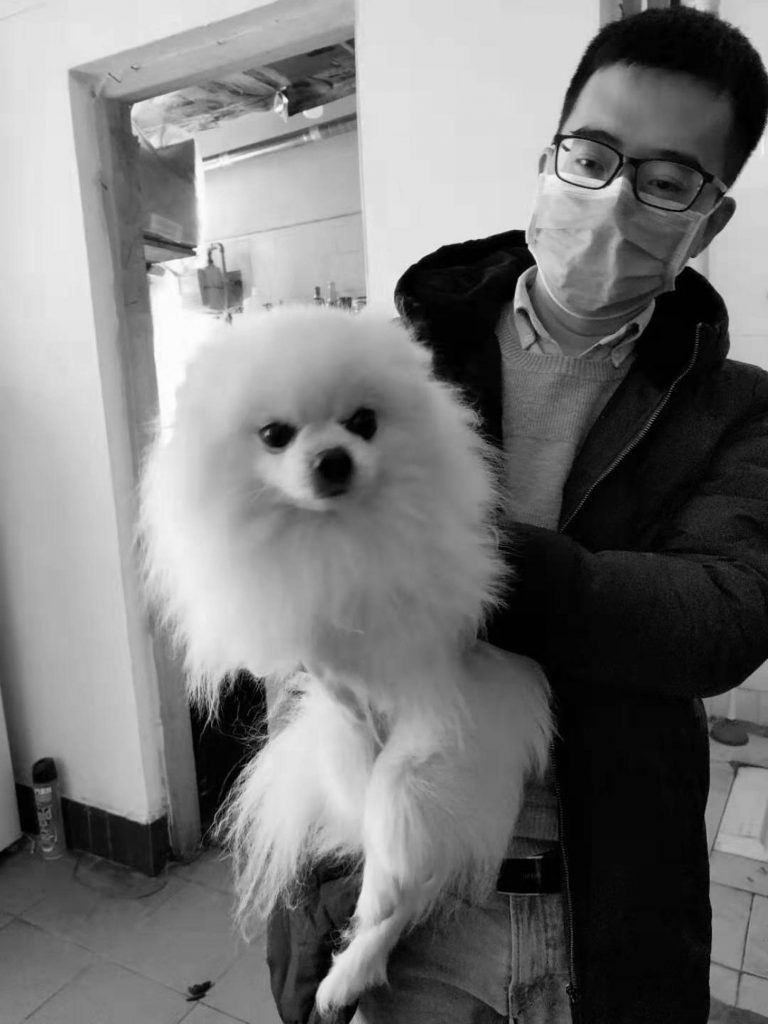
A volunteer with the Wuhan Small Animal Protection Association saves an unattended dog 
A volunteer with the Wuhan Small Animal Protection Association feeds unattended cats
“As a shelter, we have a responsibility to ensure the pets find a permanent home, and that they aren’t later abandoned or returned to us.
“Many of those who enquired about Xiao Bao were interested in adopting him, but their family members did not agree.
“Whoever eventually adopts Xiao Bao must be able to accept the fact that he’s a mongrel, and that he’s already quite senior – about seven or eight years old.
“He’s currently living with me, but I can’t keep him forever. I have over a dozen dogs and three cats – there’s no more room.”
This week, another loyal dog was found waiting on the Wuhan Yangtze River Bridge for a week after its owner reportedly jumped to their death on 30th May.
The docile pooch refused to leave but was eventually carried away by a local resident. However, it later ran off and has yet to be found.
He and his team had failed to locate the animal during their latest search yesterday (9th June) morning, though there have already been numerous adoption requests.
Mr Du has also praised the recent decision by China’s Ministry of Agriculture and Rural Affairs to reclassify dogs from livestock to pets.
On 29th May, the ministry’s National Catalogue of Livestock and Poultry Genetic Resources did not include dogs, which it said were instead companion, service and rescue animals.
Mr Du said: “It’s a very positive step for animal protection and very good news for many of us who have been eagerly awaiting this announcement.
“In the past, whenever we complained about dog meat consumption, we were always told by the authorities that there were no laws preventing it since they were considered livestock. It was always very murky.
“While there are still no clear regulations banning consumption, this change will help our campaigning.”
Despite that, Mr Du did not feel confident that the new regulations would have an effect on the notorious Yulin dog meat festival, which is held every June in China’s southern Guangxi region.

Volunteers with the Wuhan Small Animal Protection Association video-call an owner as they help feed her pet dog 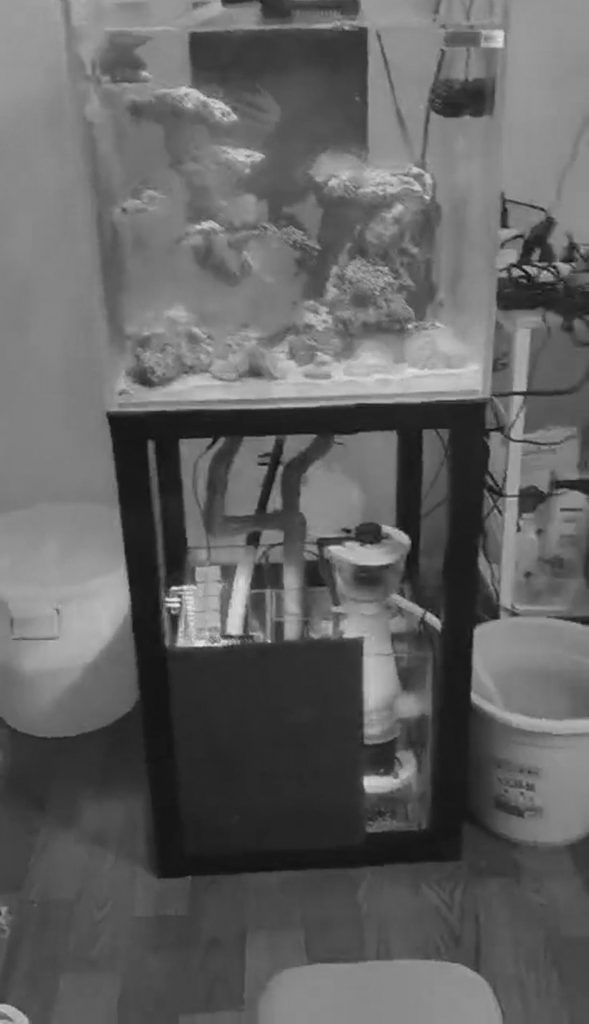
Volunteers with the Wuhan Small Animal Protection Association help an owner clean their fish tank
He said: “I’m not optimistic that the reclassification will help stop the festival, because that’s to do with local customs and traditions, which are very difficult to change.
“What’s more, the new livestock guidelines do not strictly outlaw dog meat consumption, so they have no legal incentive to stop.”
The Lychee and Dog Meat Festival is expected to be held between 21st and 30th June.
According to animals rights groups, more than 10 million cats and dogs are slaughtered and eaten at the event every year.
To find out more about the author, editor or agency that supplied this story – please click below.
Story By: John Feng, Sub-Editor: Joseph Golder, Agency: Asia Wire Report
The Ananova page is created by and dedicated to professional, independent freelance journalists. It is a place for us to showcase our work. When our news is sold to our media partners, we will include the link here.

